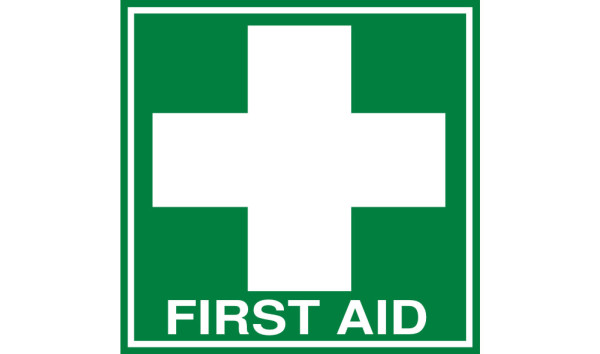

Mr Morgan, lead financial adviser for Unusual Risks Mortgage and Insurance Services, claimed too few providers offer cost-friendly premiums for people living with, and receiving treatment for, HIV.
“They can now get life insurance with a number of UK insurers, but the terms can vary wildly between different providers”, he said.
However, although life insurance is available with limitations, he said income protection and critical illness cover was still unavailable for people with HIV. “We feel it is time the UK insurance industry considers offering income protection and critical illness cover to HIV-positive people.”
Paul Reed, director for Cardiff-based insurance brokerage Vita, agreed, stating: “Most insurers will say HIV can be covered on a life-only basis, where critical illness and income protection will be declined.”
This is despite work done in recent years by the Association of British Insurers to work with members and HIV organisations in helping those diagnosed with the illness get the protection they and their families need.
Charlie Campbell, protection and health policy adviser for the ABI, said: “We are working with members and HIV organisations to ensure people with HIV understand their insurance options and tackle the misconception that having HIV means you cannot have life insurance.”
Quoted in FTAdviser’s Guide to Unusual Risks Protection, Aviva’s protection underwriting philosophy manager Andy Doran said they offer life assurance to HIV positive applicants and have done so for several years.
“It is for industry insurers to determine their own risk appetite, but we consider HIV to be a chronic disease, which can be controlled with medication.
“Like other chronic diseases it demands careful assessment, but the prevailing medical opinion is some affected individuals may have a near normal life expectancy.”
Yet industry commentators agreed more innovation was needed in this particular insurance niche.
Emma Thomson, life office relations director for Lifesearch, commented: “It would certainly be good to see tailored products which could help HIV positive clients get more protection for themselves and their families.”
Mr Morgan led the campaign which resulted in the introduction of life assurance for HIV positive people in 2009. He was also part of the working group which co-wrote the HIV and insurance guidelines used by insurers today.
He was also responsible for the removal of what was called the ‘Gay Question’ from life assurance proposals back in 2005, believing this could prejudice some insurers and underwriters against people who were lesbian, gay, bisexual or transgender.
As at November 2015, according to data from Unusual Risks, HIV-positive people taking out cover in the UK are insuring themselves for an average of £137,192. In 2014, the average figure was only £114,607.
Read the latest Guide to Unusual Risks Protection, which qualifies for 60 minutes’ worth of structured CPD.



